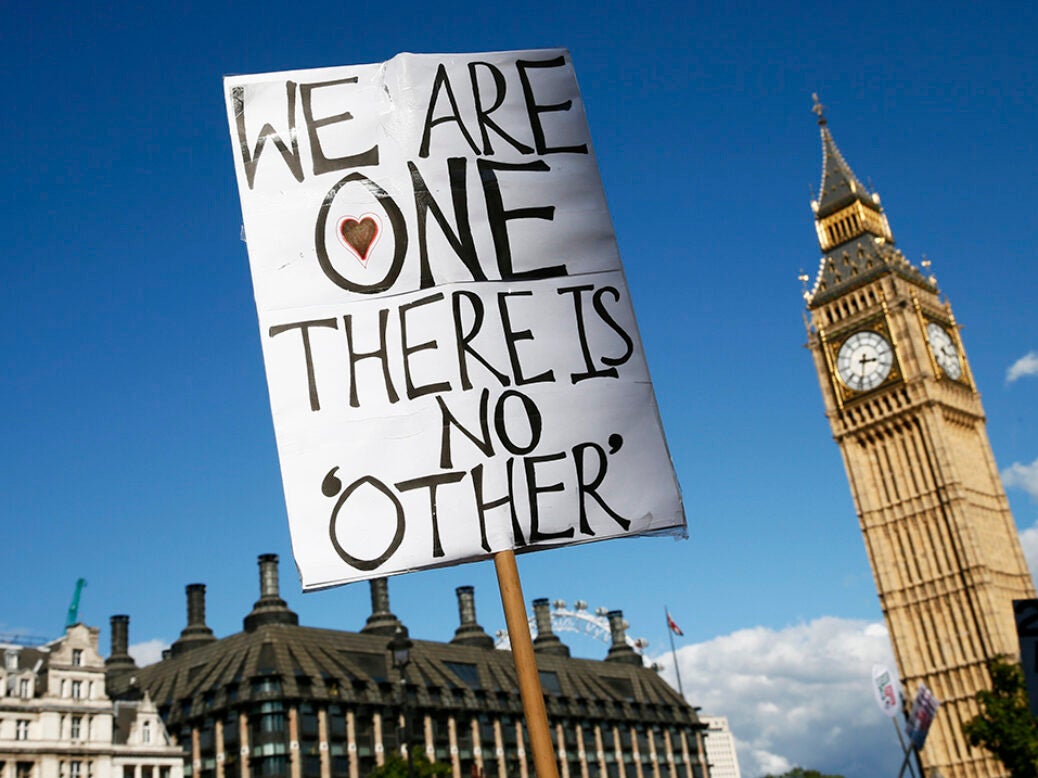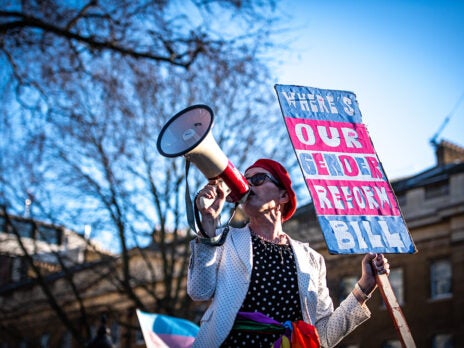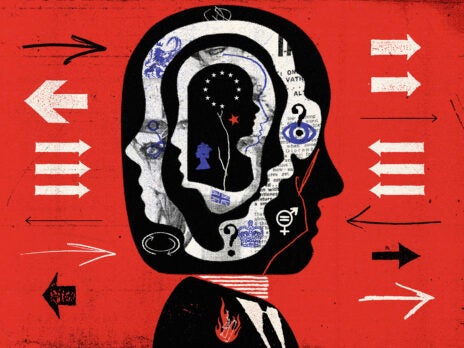
OK, so you’ve heard it all before. Most Britons want controls on immigration. It’s true. Tentatively, more are in support of the government’s plan to send asylum seekers to Rwanda than opposed to it (though not by much, and the scale of support is awfully dependent on how the question is worded). Most would jump at a “points based” immigration system. Add in “Australian” to the mix and you’re heading for a landslide. Most also believe there is a net positive to immigration, both socially and economically. Most don’t see it as a major issue in shaping their vote, like it was in 2016 and 2013.
What’s interesting is that attitudes are softening. In the time I’ve been paying attention to British politics, support for cutting the number of immigrants coming to this country has fallen from around 80 per cent to 45 per cent. This is some shift. We are not the country that Matt Goodwin and other proponents of the post-Brexit realignment claim we are.
But what’s driving this change? To start with, note how the rise of Ukip in 2013-14 correlates with the start, at least, of a softening in attitudes. To me it appears that when a party of the radical right is more prominent, it drives voters to pick a side.
New data, however, suggests that what might be behind the softening in attitudes is voter trust, or voter familiarity.
Overall, voter trust in public institutions is low. In our politicians, it’s abysmal. This lack of trust has driven a public desire for root and branch reform of those institutions, most prominent in France, the United States, Greece and Italy. But according to Ipsos for King’s College, it appears that in Britain voter trust in people is up, not least in immigrants.
Generally, that figure is quite high anyway, but the number of people who say they are trusting of foreigners is up from 70 per cent in 2005 to 84 per cent today, a record high according to KCL. In Germany, likewise, it’s shot up. Ditto Canada. In the US, curiously, it’s middled.
The variation among certain generations of British voters is doubly interesting. Boomers have gone from being the least trusting of immigrants to the most, from 69 per cent in 2005 to 87 per cent today.
Compared to the rest of the world, how Britons regard immigrants is... actually quite good. And this marked shift feels like, in part at least, one of the reasons why politicians can't reap the same electoral dividends by going hard on immigration as they would have done eight or so years ago. The primary reason is, of course, that the crisis in the cost of living permeates every strata of UK society. It is the dominant issue of the day. Voters can’t afford to shout boo at Johnny Foreigner, for they can’t afford much else.
But this data to me suggests that’s what’s also helping to soften attitudes is familiarity. Increasingly, immigrants feel familiar to voters, or, at least, voters are able to look upon them positively. What’s happened over the last 15 to 20 years is that Britain’s immigrants have been humanised to more and more Britons. It makes one wonder whether narratives about people coming over here stealing our jobs have become increasingly disconnected from more and more of the country.
I wrote for last week’s Morning Call that the capacity for voters to get annoyed about migration may return once the rising cost of living has settled. The country, after all, does back strict solutions over supportive ones. But the issue won't be quite as potent as it used to be.


